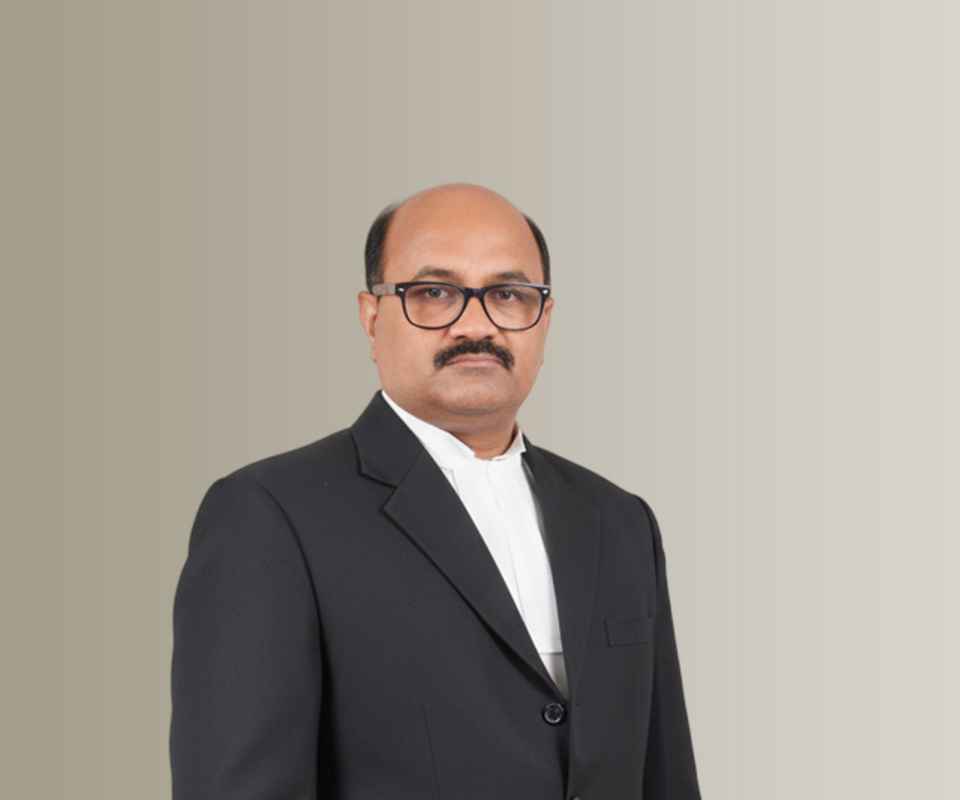Answer By law4u team
In India, child support generally refers to financial assistance provided by the non-custodial parent to help with the upbringing and basic needs of the child, including food, clothing, housing, and education. However, the coverage of medical expenses—such as doctor visits, surgeries, or ongoing health care—can sometimes be included in the child support arrangement, but it depends on the court order and the circumstances. In many cases, medical expenses may be treated separately from regular child support and may require additional agreements between the parents or a specific court order.
Are Medical Expenses Covered Under Child Support?
Basic Child Support vs. Medical Expenses:
Basic child support typically covers the day-to-day needs of the child, like food, clothing, shelter, and education. Medical expenses—especially extraordinary medical costs such as surgeries, hospitalizations, and emergency treatments—are often not included in regular child support payments.
In many cases, medical expenses are treated as a separate obligation between parents, especially when they are above the normal, everyday healthcare costs (like routine doctor visits or vaccinations). These extra medical costs might not automatically be part of the regular child support order unless explicitly mentioned.
Court’s Role in Allocating Medical Expenses:
If a medical emergency or special healthcare needs arise for the child, the custodial and non-custodial parents may be required to share the costs, either through a court order or an agreement. The court will assess:
- The severity of the medical condition or treatment needed.
- The financial ability of both parents to cover the expenses.
- Whether the parents have any existing health insurance for the child, and how costs are to be shared.
Medical Insurance and Healthcare Coverage:
If either parent has medical insurance that covers the child, the court may consider the insurance as part of the overall child support arrangement. The cost of premiums, co-pays, or out-of-pocket expenses might be added to the child support calculation, or the parents may be required to share these costs equally or according to their financial capabilities. The court will generally consider whether both parents are contributing fairly to the child’s healthcare needs.
Some child support agreements may specify the division of medical expenses, where one parent may be responsible for routine medical care, while the other covers extraordinary medical expenses or those not covered by insurance.
Extraordinary Medical Expenses and Shared Responsibility:
If the child requires long-term medical care or has a chronic illness, the parents may be ordered to share these extraordinary medical expenses. Courts may decide that both parents should contribute to these costs, even if they are not directly included in the regular child support. The court may consider:
- The income and financial capacity of both parents.
- Whether the medical expenses are part of a long-term medical condition (like diabetes, asthma, etc.) that requires ongoing treatment or medication.
In some cases, one parent may be ordered to bear the full cost if the other parent is unable to afford their share or if they are found to be negligent in their duties to contribute.
How the Court Decides on Medical Expenses:
Income and Ability to Pay:
When a court determines how medical expenses should be divided, it will take into account the financial capacity of both parents. The parent with the higher income may be ordered to pay a larger portion of medical expenses, especially if the custodial parent is struggling financially or if the extra medical costs are significant.
Health Insurance and Medical Benefits:
If the child is covered under health insurance, the court may require the paying parent to cover a portion of the insurance premium as part of the child support. In some cases, the court might direct the parents to split medical expenses that are not covered by insurance equally or proportionally based on their income.
Agreements Between Parents:
Sometimes, parents may come to a mutual agreement on how to handle medical expenses, especially if the child has a chronic medical condition. This agreement can then be presented to the court for approval and incorporated into the final child support order.
Emergency Medical Situations:
In case of emergency medical treatment, the non-custodial parent may be required to pay part of the expenses, particularly if the court finds that the emergency treatment was necessary and unavoidable. The court may direct that one parent covers the immediate costs and that the other parent reimburses them later.
Example:
Consider a case where a mother is the custodial parent and the father pays ₹15,000 per month in child support for their 10-year-old child. The child falls ill and requires surgery, which costs ₹50,000. The child is also covered under the father’s health insurance, but the policy only covers part of the expenses.
The mother files a petition in the family court to request that the father share the remaining medical expenses.
The court will review the medical bills, insurance coverage, and both parents' financial situations. The court may order the father to pay the remaining ₹30,000, based on his higher income and the fact that he has the health insurance. Alternatively, the court could require both parents to share the costs proportionally if both have a similar income, meaning they might each contribute ₹25,000, depending on the specific circumstances.
Conclusion:
In India, medical expenses are generally not automatically included in regular child support payments, but they can be considered separately, depending on the child’s needs and the agreement between the parents or a court order. Parents may be required to share medical costs, including those for emergency care, long-term health treatments, and insurance premiums, with the division based on their financial ability. Courts will always prioritize the best interests of the child, ensuring that the child’s healthcare needs are adequately addressed, and they may adjust the responsibilities of each parent accordingly.
If a parent has concerns about how medical expenses are handled in their specific situation, it is advisable to consult a family lawyer or seek a modification of the existing child support arrangement in the family court.







